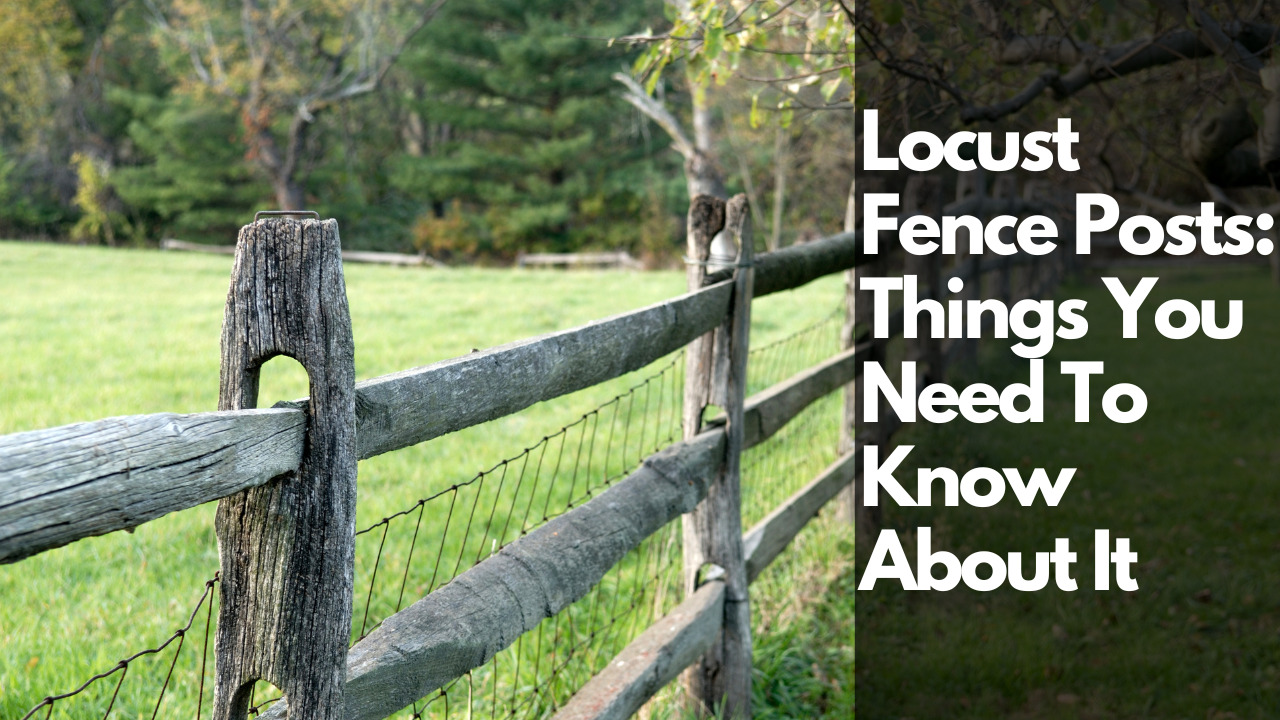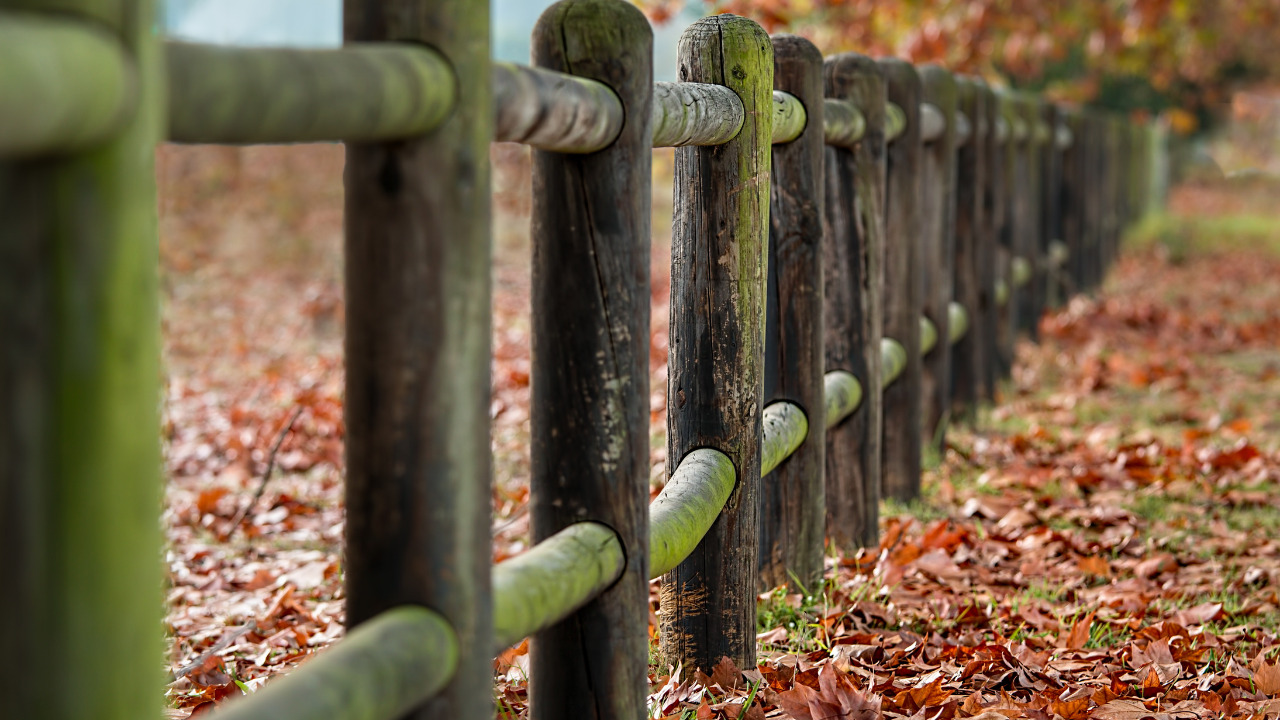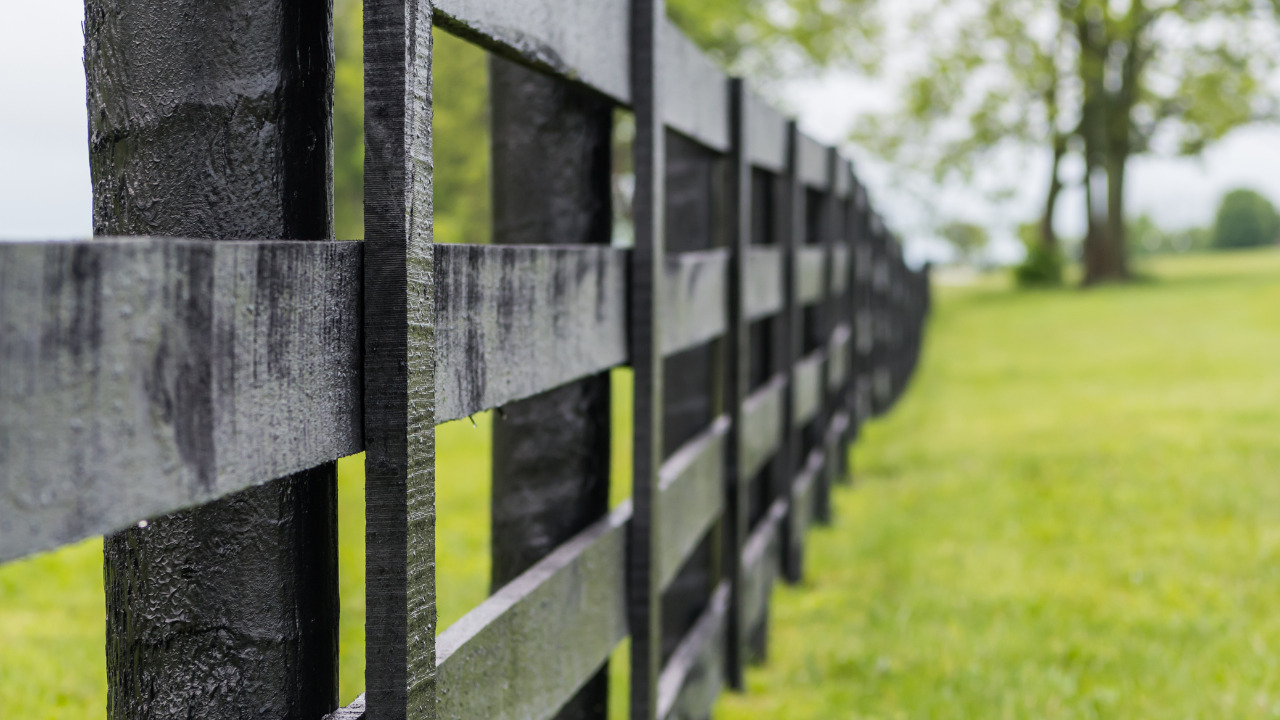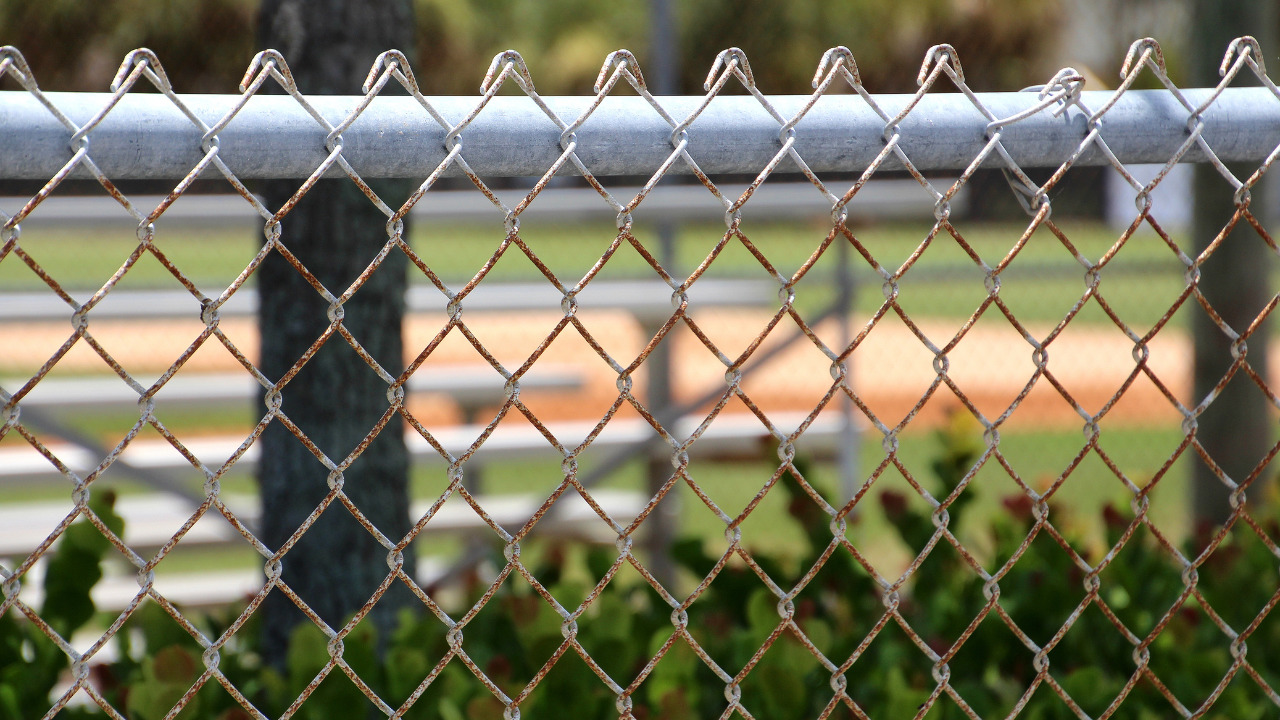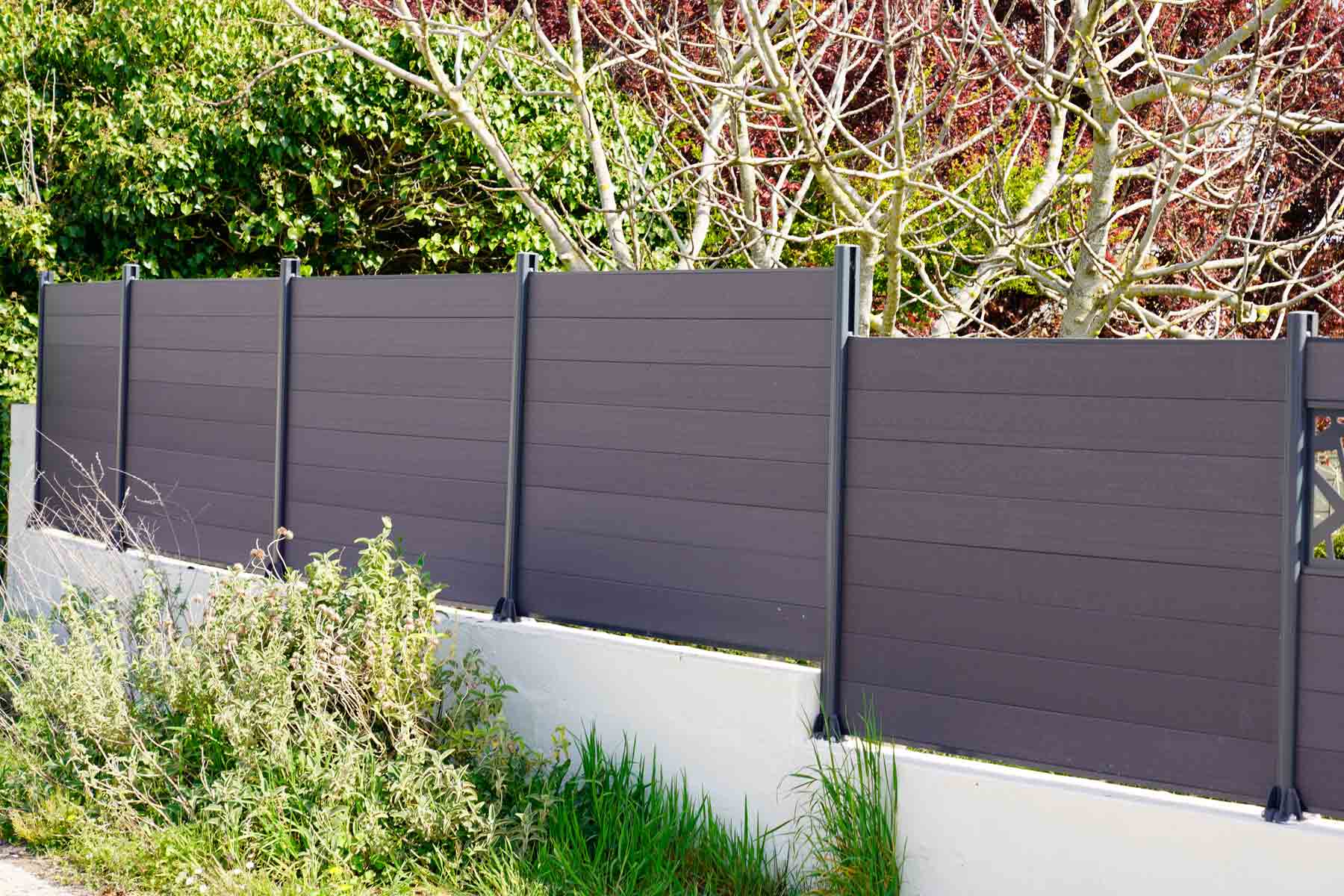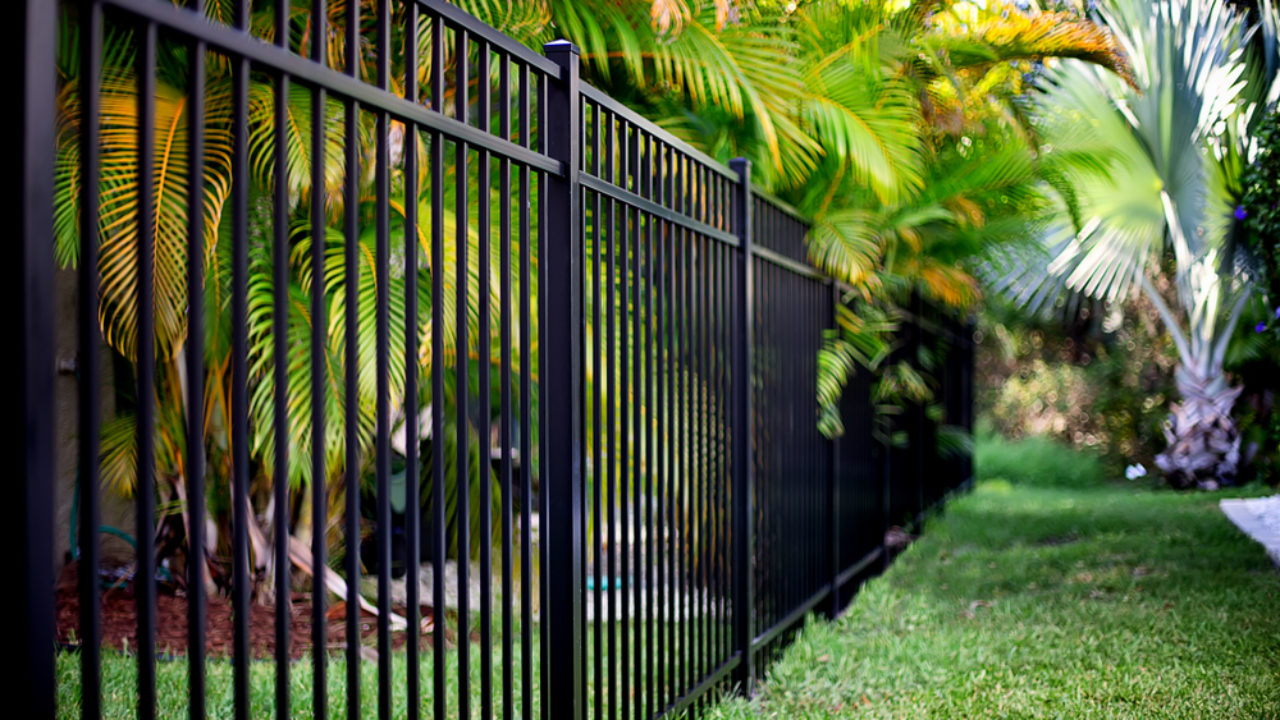Have you ever wondered what wood the early Americans used for fence posts? People naturally choose the more durable and hardy hardwoods, including Black Locust wood, since they outperform all other types of wood. It makes sense that Black Locust has a long history of applications in earlier times.
Black locust, however, was never commercially successful until recently; today, it is the newest sustainable hardwood in contemporary design. Our uses guide will take you from historical to contemporary applications of this sustainable wood resource if you’re wondering why architects in green buildings prefer to utilize black locusts.
Fence posts made of black locusts work well. Additionally, treated pine may be graded so that you can determine the design strength. Use treated pine for ground contact, without a doubt.
Table of Contents
Benefits Of Using Locust For Fence Posts
A locust rail fence is one of the most reasonably priced solutions. The cost of installation varies based on the site’s specifics, but it is still less expensive than other possibilities.
Black locust tree wood, which is extremely tough, sturdy, and heavy, makes locust split rail. Because locust wood has a very high-stress resistance and exceptionally resistant to rot, decay, and termites, so it is a long-lasting and robust option.
Split-rail fences have an extremely long lifespan because they use mixed hardwood rails and locust posts. Depending on your upkeep and repairs, a locust fence can last 80 to 90 years.
Black locust wood is renowned for its endurance and strength, with high shear strength. It creates an ideal species for a fence that will last the test of time for many years to come. Large properties used to fence themselves with barbed wire in the past.
It was cost-effective but extremely risky. Split rail fencing made of locusts allows you to enclose a space without worrying about endangering your children or ranch animals.
Modern Applications Of Locust Wood
Due to the magical properties of black locusts and their application in construction, black locust lumber is becoming highly popular for exterior architecture. This is a result of its durability and attractiveness.
Sustainability and green construction are now major themes in contemporary architectural projects. Black Locust Lumber has been key in integrating historical usage into contemporary design. The ideal wood for residential and urban green space decking projects is a black locust.
Black locust lumber is increasingly being used in green construction initiatives. Black locust wood is inherently strong, rot-resistant, and upkeep-free. No chemicals, oils, or other additives are necessary to maintain its beauty.
Things To Consider Before Using Black Locust For Fence Posts
If you are permitted to work with Black Locust, you should think carefully about the genetic stock from which you obtain your trees, especially if you want to cultivate straight poles or trees that may be harvested for timber.
In its natural state, the locust is highly crooked. Thus, careful seed selection and occasional pruning are essential for success. Ironically, the Hungarians were the ones who recognized the Black locust’s awesomeness first, choosing to import seeds and launch a vigorous breeding effort consciously.
Both seed and root cuttings are effective methods for growing new trees. Naturally, the genetic profile produced from seed will exhibit variation, whereas root cuttings will be exact clones of the parent tree.
The tough coat must first be broken for the seed to germinate, often accomplished by soaking for a full day in a pot of boiling water. By locating a good flare in the tree and excavating roots as least as thick as a thumb, root cuttings can be extracted.
Frequently Asked Questions
What Is The Cost Of Locust Fence Post Installation?
The average cost for a split rail fence installation for a homeowner in the United States is between $1,800 and $4,000. These fences are available in metal, wood, composite, and vinyl. A split rail fence across all materials costs roughly $3,000 on average nationwide.
For both materials and labor, many fence installers bill by foot. Expect to spend, on average, $25 per linear foot for a split rail fence. Your fence may cost as little as $10 per linear foot or as much as $30 per linear foot, depending on your particular material and height.
Do You Need Concrete To Install Locust Fence Posts?
No. If you want more solidity, you can place the corner and end posts in concrete, although it’s not required. Concrete might be a smart idea if you reside in a location where strong winds and severe weather are common.
Bottom Line
Fewer people are planting black locust trees and caring for the ones they currently have, given all of their benefits and applications in the farm environment. The most important lesson here is to manage what you plant. This great tree can be harvested for various advantages, but if left unattended, it may cause problems for the farm.
Due to its excellent rot resistance and suitability for projects requiring weatherproof materials, high-density locust wood is the best type of wood we can grow here. As one of the best firewoods in heat value and coaling ability, the black locust has one of the highest ratings.

